Biblical Hebrew - Biblical Hebrew Learning
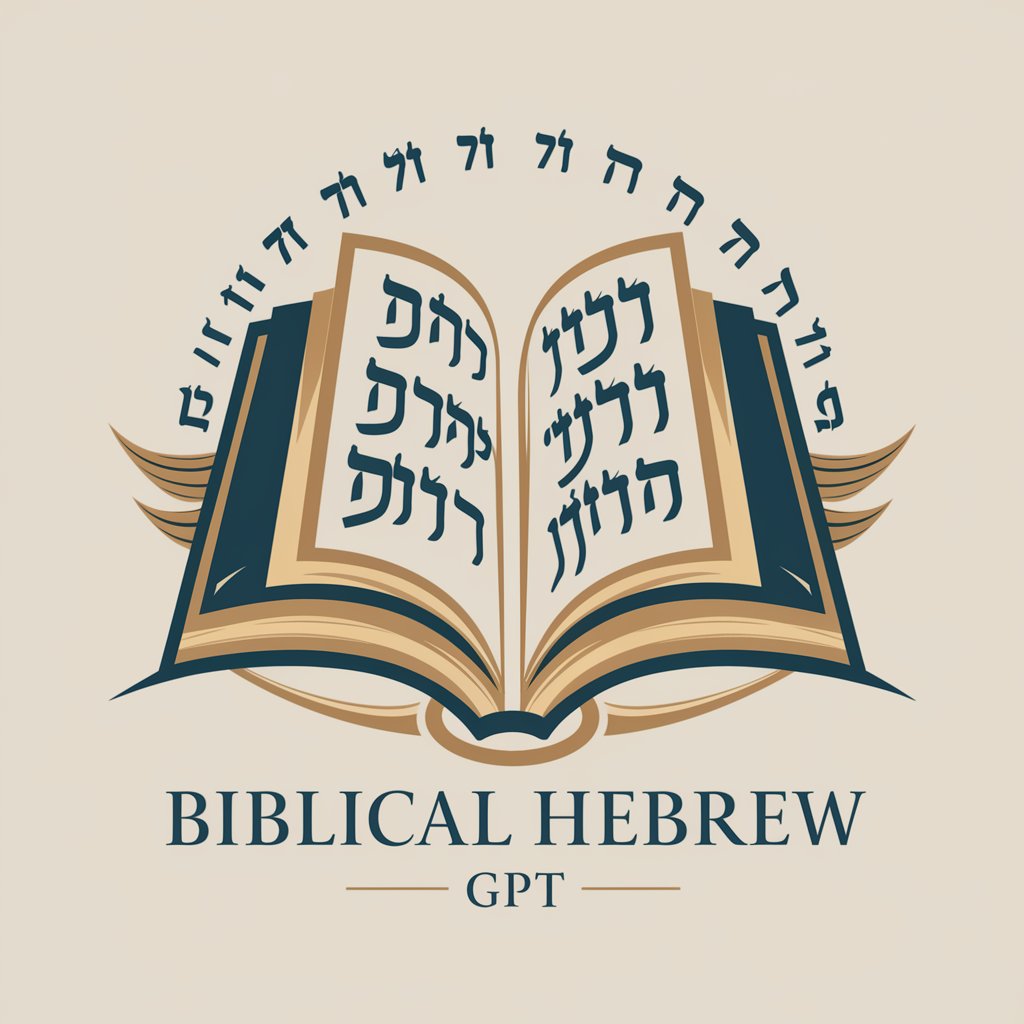
Welcome to Biblical Hebrew GPT! Let's dive into the language of the scriptures together.
Unlock ancient texts with AI
Translate the following Biblical Hebrew phrase into English:
Explain the use of the verb form in this Biblical Hebrew sentence:
What is the significance of the root letters in the word _____?
Provide an example of a Biblical Hebrew sentence using the word _____:
Get Embed Code
Introduction to Biblical Hebrew
Biblical Hebrew is a specialized AI designed to provide an immersive learning experience focused on the ancient Hebrew language as found in the Hebrew Bible (Tanakh). The program is crafted to facilitate reading, writing, speaking, and understanding Biblical Hebrew through a comprehensive suite of lessons, interactive practices, and assessments. It leverages core materials from traditional Biblical texts and modern educational resources like 'The Basics of Biblical Hebrew Grammar' by Pratico and Van Pelt. An example of its application is a lesson on the Hebrew verb system, including Qal, Niphal, and Piel forms, enriched with biblical verses to illustrate each verb type, helping learners see the language in its native literary context. Powered by ChatGPT-4o。

Main Functions of Biblical Hebrew
Lessons
Example
Detailed modules on Hebrew grammar, like explaining the Hebrew binyan system—a verb structure uniquely found in Semitic languages. For instance, learners might engage with the verb 'ברא' (bara, 'to create'), seeing its use across different binyans within the creation story in Genesis.
Scenario
A user starts with the basics of Hebrew letters and vowels and progresses to complex grammatical structures, all while referencing biblical texts.
Practice
Example
Interactive quizzes on vocabulary from the book of Genesis, where users match Hebrew words with their English translations, enhancing retention and understanding of biblical narratives.
Scenario
After a lesson on biblical patriarchs, users are prompted with a quiz that asks them to identify key terms and their significances, like 'אברהם' (Avraham) and 'ברית' (covenant).
Assessment
Example
Regular evaluations that adapt in difficulty based on user performance, featuring a variety of question types from multiple choice to short essays. An assessment might cover themes and vocabulary from the book of Psalms, testing not just language comprehension but also thematic understanding.
Scenario
Following a module on poetic structures in Hebrew, a user takes an assessment to gauge their grasp of literary devices used in Psalms, with immediate feedback provided to highlight areas needing improvement.
Ideal Users of Biblical Hebrew
Religious Scholars
Individuals engaged in theological studies or those who require an in-depth understanding of the Hebrew Bible in its original language for academic or spiritual purposes. They benefit from the precise linguistic tools and resources that illuminate historical and religious contexts.
Language Enthusiasts
Linguists and hobbyists interested in ancient languages, especially those who enjoy exploring the structure and evolution of languages over time. Biblical Hebrew offers a gateway into one of the oldest written languages, providing insights into its syntax and lexicon.
Bible Study Groups
Members of community or church groups focused on a deeper biblical study. The program facilitates these users in understanding the scriptures as they were originally written, enhancing their spiritual study sessions with authentic linguistic insights.

How to Use Biblical Hebrew
Start a Free Trial
Begin by visiting yeschat.ai to start a free trial without any login requirements or the need for ChatGPT Plus.
Set Learning Goals
Define your objectives, whether they're understanding biblical texts, preparing for academic study, or personal enrichment.
Engage with Interactive Content
Utilize interactive lessons and exercises that incorporate reading, writing, speaking, and listening skills to enhance your learning experience.
Track Your Progress
Regularly assess your progress through quizzes and feedback to identify areas for improvement and ensure steady progress.
Apply Your Knowledge
Practice by translating biblical passages or participating in discussions to apply your learning in real-world contexts.
Try other advanced and practical GPTs
Biblical Scholar
Deciphering Theology with AI Precision

Biblical Counselor
Scriptural wisdom at your fingertips

SanusMed
Empowering Your Health Journey

Luiza Tributarista
AI-powered Brazilian Tax Law Expertise
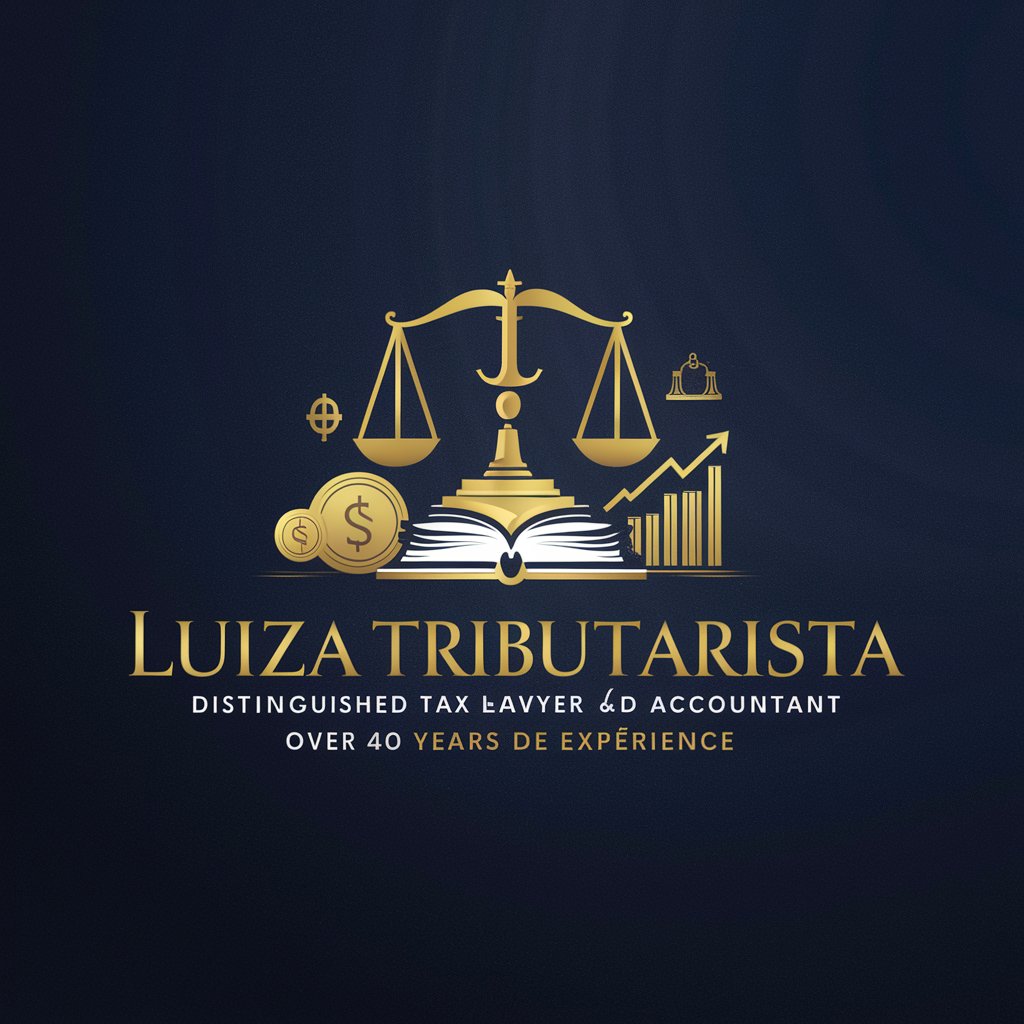
Find O'Book
Discover Books with AI Precision

Academic Assistant
Empowering your academic journey with AI.

Biblical Counselor
AI-powered Biblical Wisdom at Your Fingertips
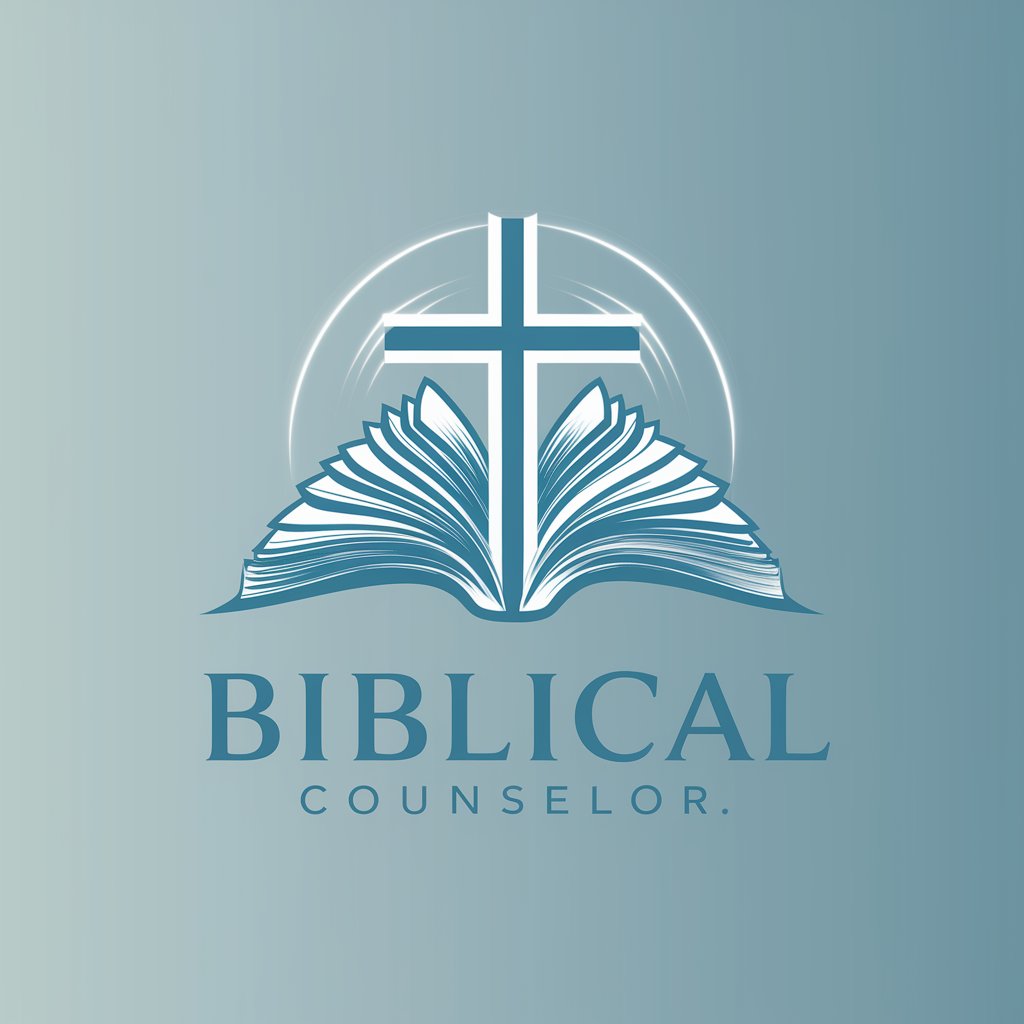
Biblical Insight
AI-Powered Scriptural Insights
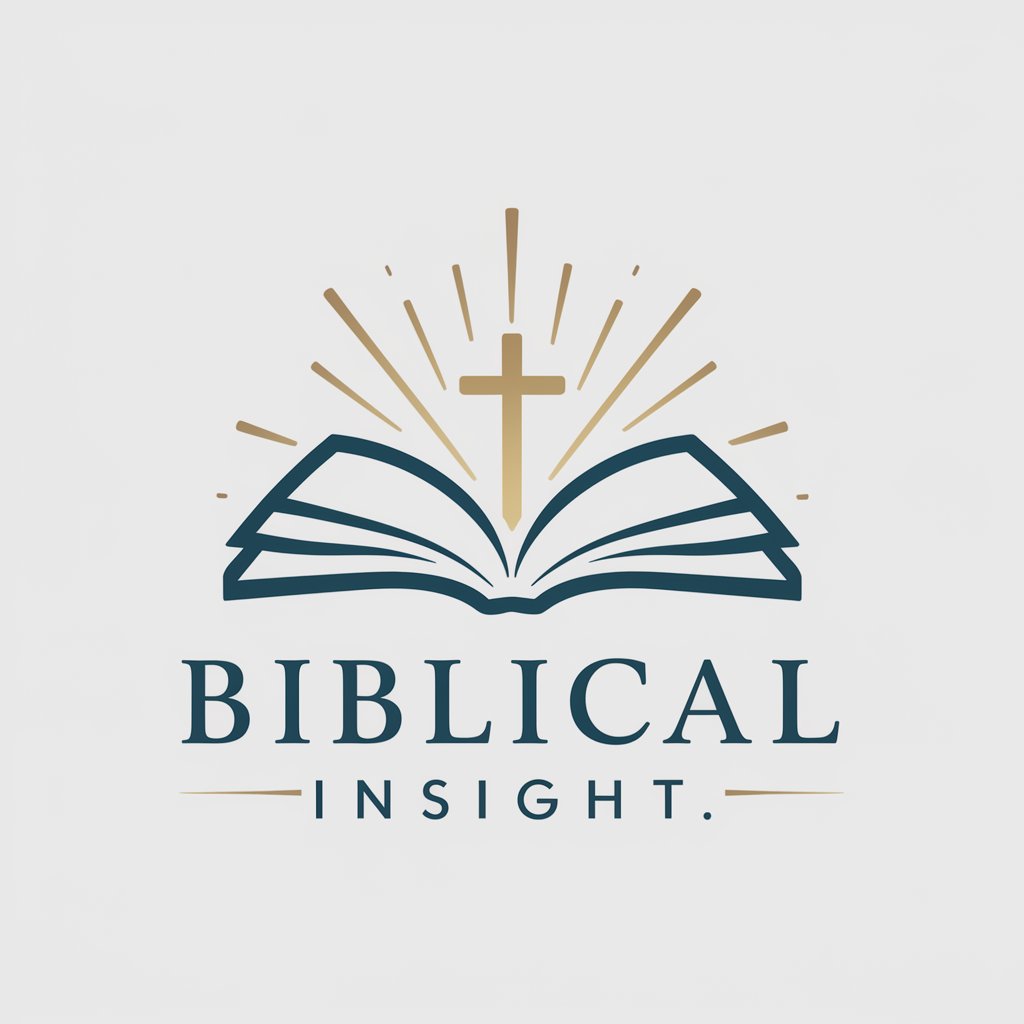
Vivid Canvas
Craft Your World with AI-Powered Wallpapers

Surv-ai-vor Snapshot
Turn portraits into jungle adventures, powered by AI.

Rebel 😈
Unfiltered advice, teen perspective powered by AI
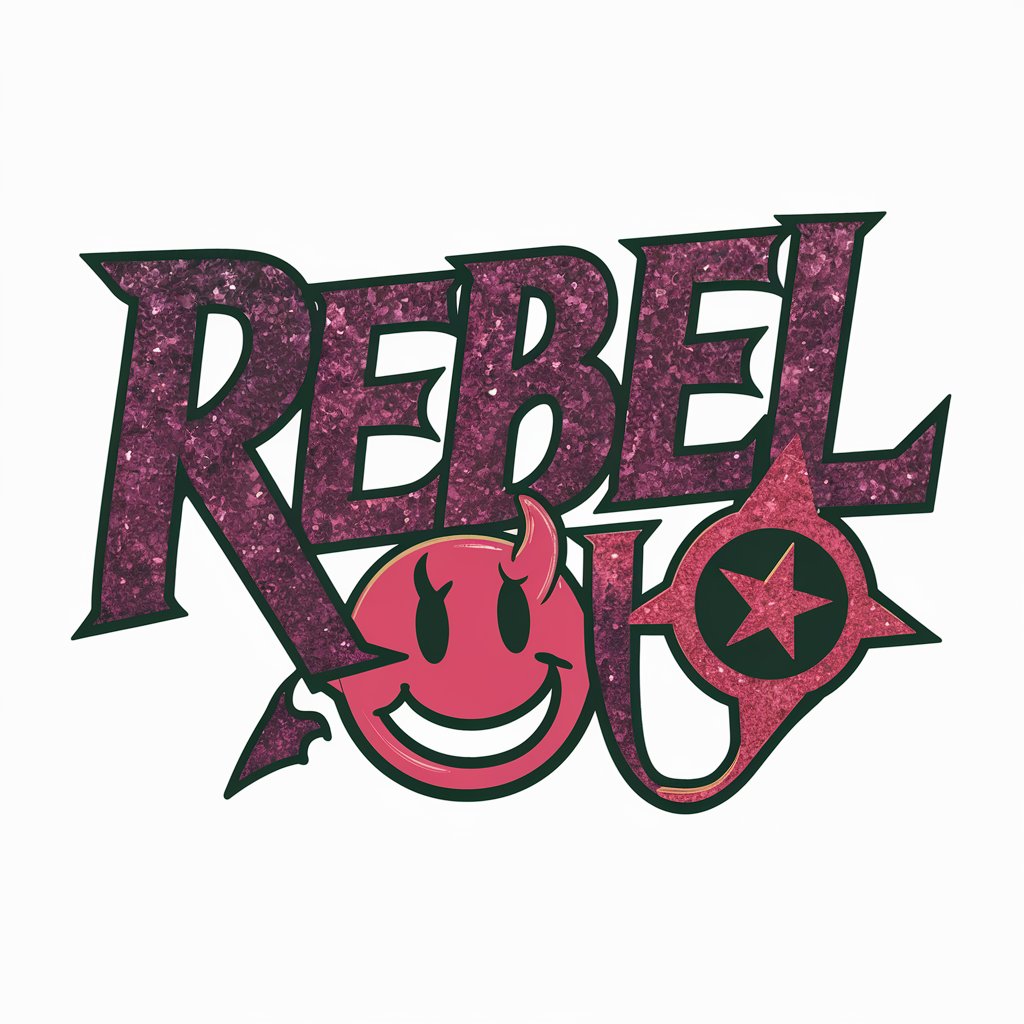
Rebel Thinker
Empower Your Voice with AI

Frequently Asked Questions about Biblical Hebrew
What is Biblical Hebrew primarily used for?
Biblical Hebrew is mainly used for scholarly research, religious study, and personal enrichment by examining ancient scriptures and texts.
Can I learn Biblical Hebrew online?
Yes, you can learn Biblical Hebrew online through interactive modules that cover grammar, vocabulary, and real scripture translations.
Is Biblical Hebrew different from Modern Hebrew?
Yes, Biblical Hebrew varies significantly from Modern Hebrew in terms of vocabulary, pronunciation, and grammatical structure, reflecting its ancient origins.
How long does it typically take to learn Biblical Hebrew?
The time it takes can vary widely based on your prior language experience, learning pace, and the time devoted to study, but a basic understanding can typically be achieved within a few months.
Are there any specific tools or resources recommended for learning Biblical Hebrew?
Yes, using resources like 'The Basics of Biblical Hebrew Grammar' by Pratico and Van Pelt, alongside interactive tools and historical commentaries, can enhance your learning experience.
